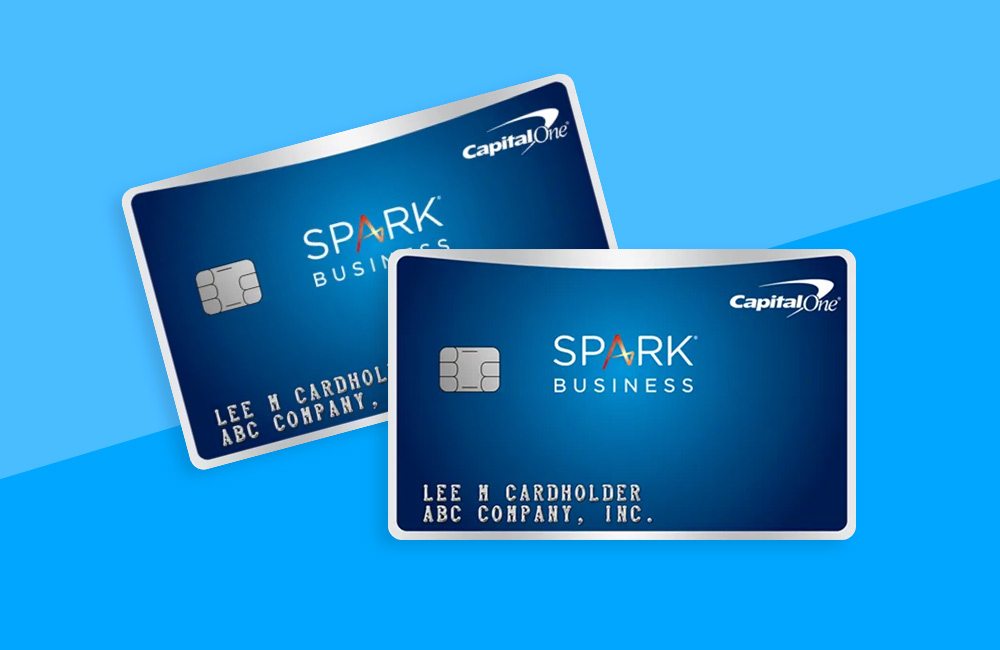
Exploring Different Sources of Business Funding for Startups
Introduction
Starting a new business venture can be an exciting yet challenging endeavor. One of the most crucial aspects of getting a startup off the ground is securing adequate funding. Without sufficient capital, even the most promising ideas may struggle to become successful businesses.
In this article, we will explore different sources of business funding for startups. We will discuss various options available to entrepreneurs, including traditional methods such as loans and credit cards, as well as alternative avenues like crowdfunding and grants. By understanding these different sources, aspiring business owners can make informed decisions about how to finance their startups.
1. Traditional Methods of Funding
1.1 Bank Loans
Bank loans have long been a popular choice for entrepreneurs seeking funding for their startups. Banks offer various types of loans tailored specifically to meet the needs of small businesses. These loans typically come with competitive interest rates and flexible repayment terms.
1.2 Business Credit Cards
Another common method of financing a startup is through business credit cards. Capital One Business Credit Card and Capital One Spark Business Credit Card are two popular options in this category. These cards provide entrepreneurs with a line of credit that they can use to cover various expenses related to their business operations.
1.3 Credit History and Approval Process
When applying for a loan or credit card, it's important to note that your credit history plays a significant role in the approval process. Lenders evaluate your creditworthiness based on factors such as your credit score, payment history, and debt-to-income ratio.
2. Alternative Funding Options
2.1 Crowdfunding
Crowdfunding has gained tremendous popularity in recent years as a viable option for startup funding. Platforms like Kickstarter and Indiegogo allow entrepreneurs to pitch their ideas to a wide audience and raise funds from individual contributors.
2.2 Grants
Grants are another alternative source of funding for startups. These funds are typically provided by government agencies, non-profit organizations, or foundations. Unlike loans, grants do not need to be repaid, making them an attractive option for entrepreneurs who meet the eligibility criteria.
2.3 Venture Capitalists
Venture capitalists are investors who provide funding to startups in exchange for equity or ownership stakes in the company. This type of funding Check out the post right here is ideal for businesses with high growth potential but may require giving up some control and decision-making power.
3. Exploring Unique Funding Opportunities
3.1 Soft Pull Business Credit Cards
Soft pull business credit cards, such as Capital One Spark Classic Business Credit Card, offer a unique advantage to startups. Unlike traditional credit cards that require a hard inquiry on your credit report, soft pull cards do not impact your credit score when you apply.
3.2 Capital on Tap Business Credit Card
Capital on Tap Business Credit Card is another innovative option for startups seeking funding. With this card, entrepreneurs can access a line of credit that is designed specifically for small businesses. The application process is straightforward and offers quick approval decisions.


3.3 Cargo Van Gig Apps
For startups in the delivery or transportation industry, cargo van gig apps like Uber Freight and Amazon Flex can provide a unique source of income. These platforms allow entrepreneurs to leverage their vehicles and time to earn money by delivering packages or providing logistics services.
4. Frequently Asked Questions (FAQs)
Q1: Can I get a business credit card even if my business is new?
Yes, there are business credit cards available specifically designed for new businesses. Capital One offers options like the Capital One Classic Credit Card that cater to startups with limited credit history.
Q2: What factors determine the credit limit on a business credit card?
The credit limit on a business credit card depends on various factors such as your personal and business credit history, income, and the overall financial health of your business.
Q3: Are easy approval credit cards a good option for startups?
Easy approval credit cards can be a viable option for startups with less established credit histories. However, it's essential to carefully review the terms and conditions, including interest rates and fees, before applying.
Q4: Is it possible to get a business loan with bad credit?
While having bad credit can make it more challenging to secure a business loan, there are alternative lenders who specialize in providing funding options for entrepreneurs with less-than-perfect credit scores.
Q5: What are some internet-based funding platforms for startups?
Several internet-based platforms, such as Kiva and LendingClub, offer peer-to-peer lending opportunities for startups. These platforms connect borrowers directly with individual lenders, bypassing traditional financial institutions.
Q6: How can I improve my chances of securing funding for my startup?
To increase your chances of securing funding for your startup, it's crucial to have a solid business plan in place, demonstrate market demand for your product or service, and establish a strong professional network within your industry.
Conclusion
Exploring different sources of business funding for startups is critical to ensure the success and growth of new ventures. Traditional methods like bank loans and credit cards continue to be popular options. However, alternative avenues such as crowdfunding, grants, and venture capitalists offer innovative ways to secure capital.
Entrepreneurs should carefully evaluate each funding option based on their specific needs and goals. By considering factors like credit history, approval processes, and unique funding opportunities like soft pull business credit cards or cargo van gig apps, startups can find the right financing solution to fuel their growth and success.